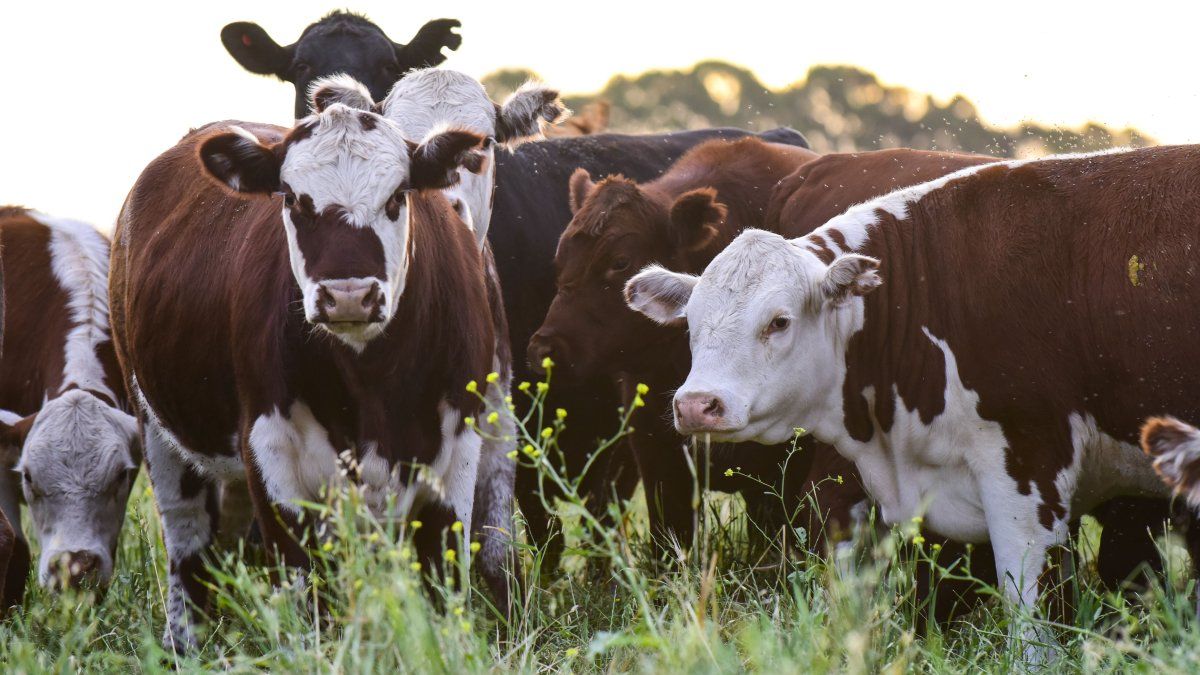The measure, published this Friday in the Official Gazette, establishes an updated framework to control and eliminate the disease that affects pigs and can be transmitted to other species. It includes greater biosecurity requirements, periodic controls and the mandatory health classification of pig establishments.
The National Agri-Food Health and Quality Service (Senasa) approved the National Plan for the Control and Eradication of Aujeszky’s Disease through the Resolution 810/2025published this Friday in the Official Gazette. The rule, signed by the president of the organization, Maria Beatriz Giraudo Gaviglioupdates the health strategy in force since 2009 and introduces new surveillance, diagnosis and biosecurity tools for all pig production in the country.
The content you want to access is exclusive to subscribers.
Aujeszky’s disease – also known as pseudorabies – is caused by a herpesvirus that affects domestic and wild pigs, and can be transmitted to other mammal species, with fatal consequences. Senasa warned that its presence generates significant economic lossesaffects the productivity, restricts trade and puts animal health at risk.


Senasa and its national plan for the control and eradication of “pseudorabies”
The resolution provides that the plan will be applied throughout the national territoryreaching both intensive production farms and smaller scale breeders. Among the main measures, it is established:
-
The mandatory health classification of swine establishments in categories such as “free”, “under surveillance”, “infected” or “in sanitation”.
-
The performing periodic serological analyzes to maintain the disease-free certification.
-
The presentation of sanitation plans in the properties where outbreaks are detected.
-
The prohibition of movement of infected animals and the obligation to depopulate in cases of high health risk.
-
The supervised vaccination by accredited veterinarians and registered in the Senasa computer systems.
Furthermore, the organism repealed resolution 474/2009which governed the previous control program, and incorporated updated diagnostic criteria, greater traceability and the use of digital technologies for epidemiological surveillance.
The standard also establishes the collaboration with provinces, municipalities and health entitieswho will be able to develop complementary plans adapted to the productive reality of each region. Producers must allow the entry of Senasa inspectors to supervise sanitary measures, while non-compliance will be sanctioned in accordance with Law 27,233 on agri-food health.
The new plan will come into validity within 180 days and seeks to guarantee the health of the Argentine pig herd, strengthen exports and improve the competitiveness of the sector in line with international standards World Organization for Animal Health (WHOA).
Source: Ambito




